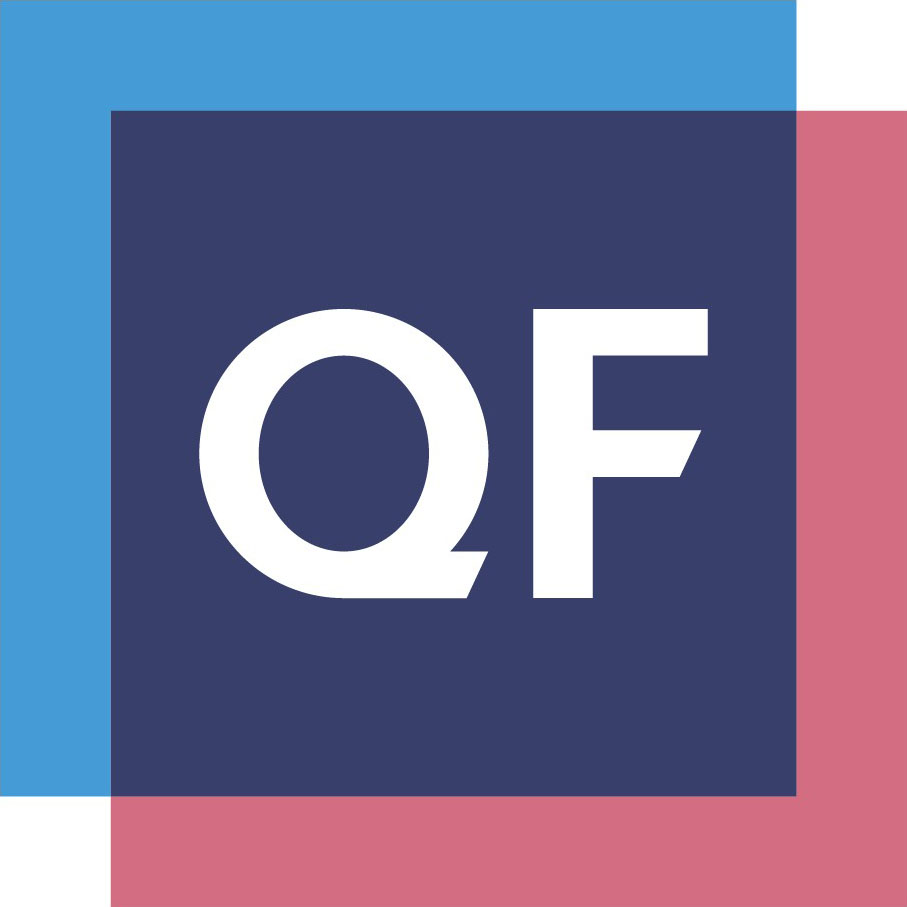The German Physical Society (DPG) honours outstanding achievements in the teaching of physics with the Georg Kerschensteiner Prize. This year’s prize is awarded by the DPG to Professor Rainer Müller from the TU Braunschweig. As Professor of Physics Didactics, he was already committed to bringing quantum physics into schools 20 years ago. Today, his work has Europe-wide significance. As new quantum technologies emerge, there is a growing need for well-trained and educated specialists with quantum expertise.
The world of quantum physics certainly has its peculiarities. As soon as it is no longer a question of calculating the path of a stone throw, but that of a single atom, there are no longer any clear-cut answers. Instead, quantum physics works with probabilities, superpositions and entanglements. But how do you teach this to schoolchildren? With “milq” and the “Characteristics of Quantum Physics”, Professor Rainer Müller has been shaping the path of quantum physics-oriented teaching concepts for 20 years now. These use simple means to tackle the most difficult topics. For example, the maths behind quantum mechanics is extremely demanding and difficult to access. The characteristics of quantum physics developed by Müller circumvent this problem on a conceptual level. Pupils thus learn how to talk about quantum physics properly and gradually delve deeper into the world of the smallest things.
Quantum technologies for engineers
When the milq concept was launched, IBM presented the world’s fastest supercomputer – the size of two basketball courts and six terabytes of RAM. It would take a person millions of years to calculate with a pocket calculator what the supercomputer can do in one second. Today, quantum computers are being developed that can perform operations that would currently take supercomputers thousands of years. However, these new technologies also require a new generation of specialists. Accordingly, students who learn to understand quantum physics at an early age also have new opportunities to deepen and apply their knowledge, even outside of a physics degree programme.
Just this year, Professor Rainer Müller published the book “Quantum Technologies for Engineers” together with Franziska Greinert. The book addresses students of engineering and computer science and provides access to technologies such as quantum computers and sensors. As a member of the EU Coordination Body for Quantum Issues, Rainer Müller identifies the great need for skilled quantum specialists on a large scale: “The development of quantum technologies to market maturity is accelerating more and more. The Hanover-Braunschweig region alone, the Quantum Valley Lower Saxony (QVLS), is home to a dozen newly founded companies, and the industry is set for strong growth in the coming years. This makes it all the more important to get schoolchildren interested in quantum physics. In addition to illustrative lessons, extracurricular formats such as our MasterClasses in the QuantumFrontiers Cluster of Excellence also help here.”









